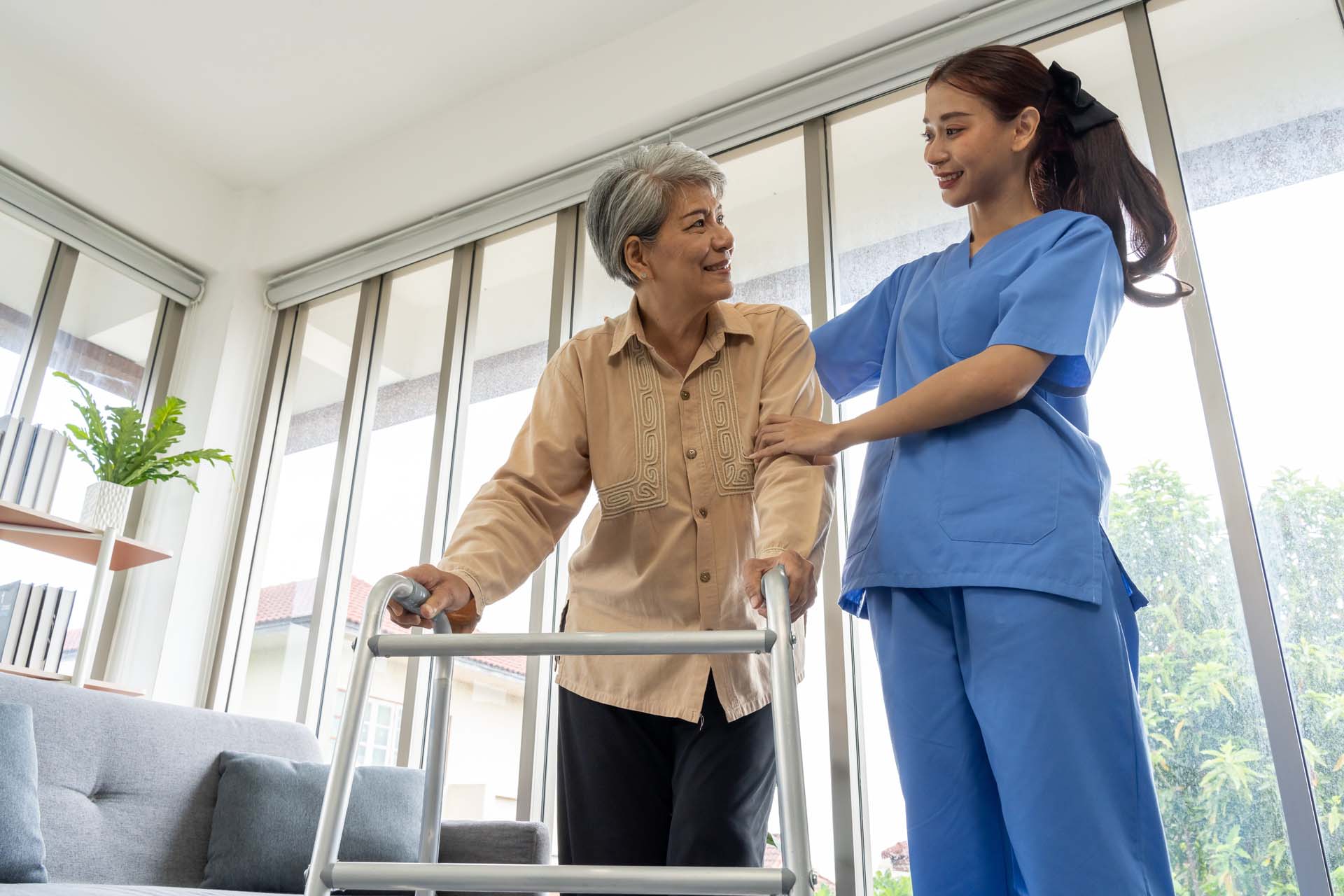
The state pension age in the UK is currently 66 but deciding when to retire involves more than just reaching a specific number. Your physical health, mental sharpness and overall happiness are all key factors that are just as important as your pension savings, when finding the best age to retire.
“There’s rarely a single moment when retirement suddenly feels right,” says Julie Lee, a counsellor and EMDR therapist.
“For many, the decision unfolds gradually, marked by signs like emotional exhaustion, diminished satisfaction at work or a growing desire to spend time on other activities you’ve postponed for decades.”
To guide you in making this important decision, we’ve consulted experts to explore these essential aspects and help you identify factors that create your perfect retirement age. If you’re feeling any of the following, now may be the time to pack in that job.
If work is demanding physically or mentally and has added pressure, it could be a sign that this may be the best time to retire.
One study found that for those people in stressful or physically demanding jobs, retirement improved their wellbeing. Dr Naheed Ali agrees, saying work should not make you feel chronically exhausted, drained or significantly stressed.
“If work regularly wipes you out or worsens a health issue, it may be safer to step back sooner,” he says.
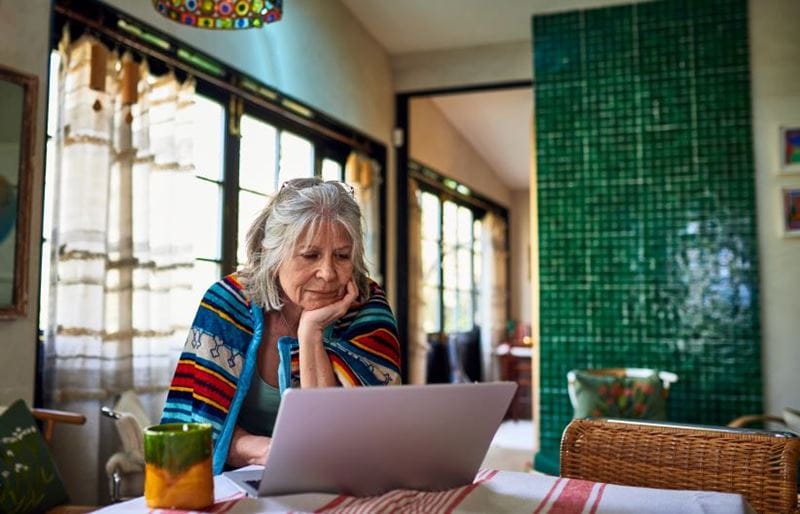
Are you envisioning a significant lifestyle shift? The question of how much money do you need to retire often leads to thoughts of downsizing to a smaller home or relocating to a more affordable area.
If these ideas are exciting you now though, it could signal a readiness to embrace the flexibility that leaving behind regular work can offer. Downsizing can free you from mortgage burdens, directly impacting how much money you need, while relocating might present a chance to pursue long-held dreams in a new environment, unconstrained by job demands.
If you feel unhappy or out of sync at work, this can signal that you are mentally ready for a change says retirement coach and author, George Jerjian.
“A feeling of restlessness is often a signal,” he says. “You're not happy where you are. People get to the point where I think they're just unhappy, where they're exhausted – it's like walking with lead feet.”
If you’ve been doing a job for a long time or you're no longer learning or growing, it can be easy to lose your passion. Feeling ready for a new challenge, could be the sign you’re ready to leave paid work.
“For many, retirement is an opportunity for a renaissance: learning something new, finding fresh stimulation and enjoying a renewed sense of purpose in a different role,” says Julie Robinson, founder & CEO of Move it or Lose it. She says that many of her instructors are in their 60s and they love not only how teaching fitness has given them a new sense of purpose, but how it also keeps them fit and socially connected.
For George, his new challenge was taking a gap year! In his latest book, Odyssey of an Elder, out in July, he chronicles his travels around five countries he had never visited before. He says it gave him a new perspective on life.
“In my round the world trip, I was shocked at how I was so ensconced in my own little world, fearful of things outside it,” he explains.
“And the world is full of really nice, good people who are out, who actually want to help.”
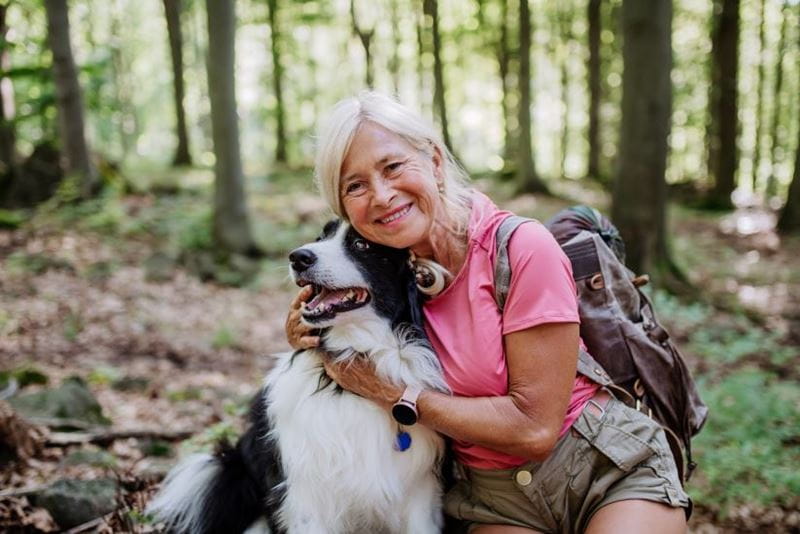
Are work commitments consistently preventing you from exercising, eating well or attending medical appointments?
Retirement can free up time to prioritise your physical well-being. This is especially true if you suffer from any chronic, long-term illnesses or conditions.
“Chronic conditions like cardiovascular disease, arthritis or diabetes may make early retirement beneficial to reduce work-related strain and allow the affected person to take better care of themselves,” says superintendent pharmacist, Ana Carolina Goncalves at Pharmacia.
She says that the extra time you have in retirement can help with those things that can improve your health and wellbeing – exercise, meal planning and stress management, all things that can be easily overlooked when you have a busy 9-5 lifestyle.
Julie Robinson says staying fit as we get older is so important for every aspect of life. “Regular physical activity helps maintain strength, mobility and energy, while also supporting mental wellbeing,” she says.
“It reduces the risk of falls and chronic conditions like type 2 diabetes or heart disease and can even boost cognitive function.”
Do you find yourself daydreaming about hobbies, travel or spending time with loved ones more than about your work tasks? This growing desire can be a strong indicator that retirement is calling.
George believes having a passion for what you’re doing, whether it’s carrying on working or a new hobby, is the best way to feel fulfilled in later life.
“I think if you stop having a purpose, a passion for what you do, you're in big trouble, whether you have savings or not”.
Julie Lee agrees. She says for those people who have trouble adjusting to retirement, reconnecting with old passions or exploring new ones is key to feeling happy in your new life.
“Is there something you’ve always wanted to do, or to learn, that you’ve never had the time for?” she questions. “Try to reframe this phase as a reinvention. A blank page. A time to build a new kind of life filled with what you value most.”
In fact, discovering a new passion may find you re-entering the workplace, either working for yourself or part-time. Pursuing a passion project or a less demanding, enjoyable part-time role can provide both income and fulfilment.
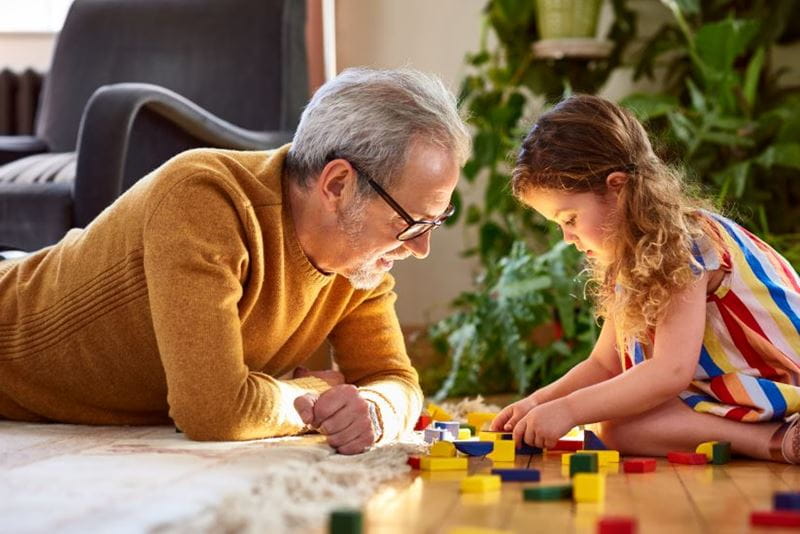
Similarly, maybe you’ve decided you want to do get off that corporate ladder and do something that brings meaning with it. Retirement can provide the opportunity to volunteer, mentor or engage in community activities that bring a different kind of fulfilment to earning a monthly wage.
Beyond the personal satisfaction, research indicates that volunteering can be a powerful contributor to well-being in retirement.
Studies have shown that volunteering, particularly in later life, is associated with better mental health outcomes, including reduced depressive symptoms and greater life satisfaction among retirees.
Evidence also suggests that regular volunteering among older adults may also support cognitive health by slowing cognitive decline.
If work demands are impacting your time and energy for family and friends, retirement can offer the chance to reconnect and strengthen these bonds.
“Think of retirement as a new chapter, not just for you, but for your relationship too,” suggest Julie Lee.
“With empathy, flexibility, and love, it can be one of the most fulfilling chapters yet.”
Feeling restricted by work schedules and demands can lead to dissatisfaction. Retirement offers greater freedom to structure your day and pursue your own interests.
“Retirement offers a unique opportunity to slow down,” says Julie Lee. “After years of racing around, meeting deadlines, and following instructions, it can feel uncomfortable to pause."
"But learning to be still, embrace moments of calm, and not feel the constant pressure to perform is essential.”
While you might want complete control over your days, to avoid feeling lost in retirement, it’s a good idea to still have some kind of schedule. Dr Ali advises building structure into your days, even if at the beginning it’s just a simple timetable of tasks.
“Plan small routines - stretching in the morning, a thirty-minute brisk walk, balanced meals,” he suggests.

Julie Lee emphasises the importance of considering "what you’re retiring to, not just what you’re retiring from". She states that people with the smoothest transitions have "meaningful social ties" and "a strong sense of purpose beyond their job".
She suggests planning your retirement long before you’re ready to go by undergoing some therapy or coaching to help you clarify your retirement goals and process those difficult emotions that may come once you give up work. She also suggests building a new community by joining clubs, taking classes or volunteering.
“It’s okay not to have it all sussed out,” she says. “Retirement isn’t an end goal; it’s the beginning of a new phase.”
Dr. Ali suggests a phased retirement as a way to “buy time for savings to grow and let the body adjust gradually to a lighter schedule".
In fact, many Scandinavian countries support a phased retirement, which gives people the psychological space to adjust to their new life, and studies have shown that adults who gradually reduce work responsibilities experience better emotional well-being and life satisfaction compared to those who retire abruptly.
If this sounds like something you want to try, maybe you can reduce your hours or perhaps use your holiday for longer, more frequent breaks, easing you gently into a less demanding routine.
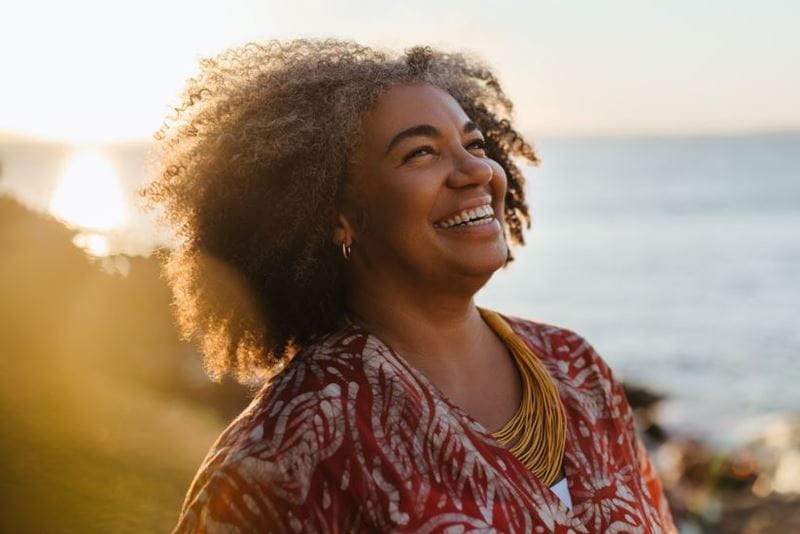
Personal control over retirement timing perhaps matters more than you may realise. One report showed that retirees who choose a phased approach (versus being forced to retire suddenly) tend to fare better mentally and report greater happiness with the transition.
Ana Carolina believes it could be because those who retire on their own terms have planned better and are taking more care of themselves.
“People who retire voluntarily and on their own terms often report better health and higher activity levels than those who retire due to illness or job loss,” she says.
“Those who use retirement to prioritise wellness often outperform peers in both mental and physical health regardless of age. Lifestyle choices post-retirement appear more predictive of long-term health than age alone.”
You’ve spent years talking about pensions and what you’ll do when you retire, but while you might be dreaming of that once-in-a-lifetime holiday, what you really need to be thinking is how you’re going to redefine yourself. During our work lives, our identities are often tied up to our jobs, but this all goes once you retire.
“Retirement isn't just a logistical change; it's a psychological shift,” says Julie Lee. “One of the biggest adjustments is in identity. Many of us spend 30, 40, even 50 years building our sense of self around being a teacher, a manager, a nurse or a craftsman, for example. When that role ends, it can feel like losing a piece of ourselves.”
George says it’s good to use the early days – the honeymoon period as he calls it – to plan what the rest of your retirement looks like to avoid feeling lost and without purpose.
“The kind of questions that you need to be asking yourself is, ‘Who am I?’ and ‘Who am I now?’ And that question is so powerful because one of the things that people don't realise in retirement is that their identity is now compromised. In a sense you need to find a new identity.”
Research backs this up, with studies highlighting that by preparing psychologically and socially, whether that’s redefining roles or building new identities, significantly improves adjustment and long-term well-being of retirees.
The experts at Saga Money explain how much money you need to retire comfortably – and what to do if your savings fall short.
Jayne cut her online journalism teeth 24 years ago in an era when a dialling tone and slow page load were standard. During this time, she’s written about a variety of subjects and is just at home road-testing TVs as she is interviewing TV stars.
A diverse career has seen Jayne launch websites for popular magazines, collaborate with top brands, write regularly for major publications including Woman&Home, Yahoo! and The Daily Telegraph, create a podcast, and also write a tech column for Women’s Own.



Facial weakness, a sudden headache and dizziness can all be signs of a stroke, we've got the facts from an expert.

Knee pain is more common as we age: to help we've got the best advice from 3 leading experts with easy ways to make a difference.

Do you know the symptoms of a heart attack? Here’s what to look out for, and how to prevent one.

Front, back or side? Which sleeping position is best for you as you get older, and which ones you should avoid
